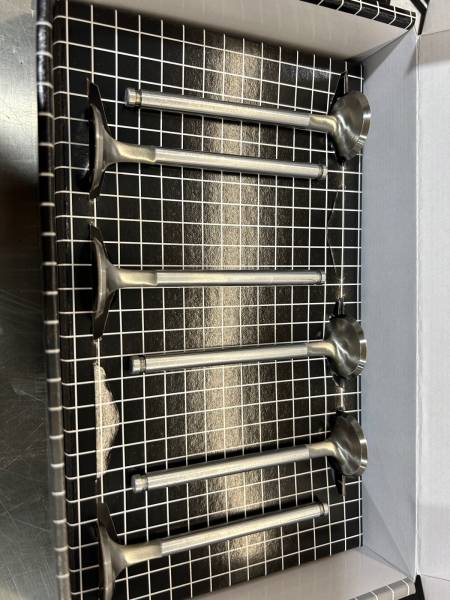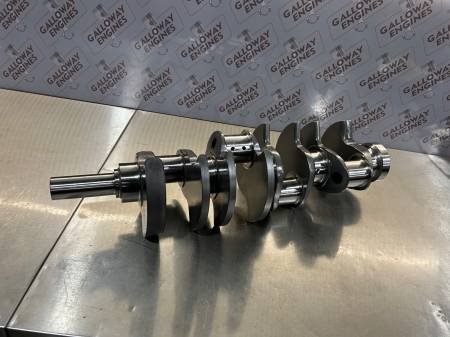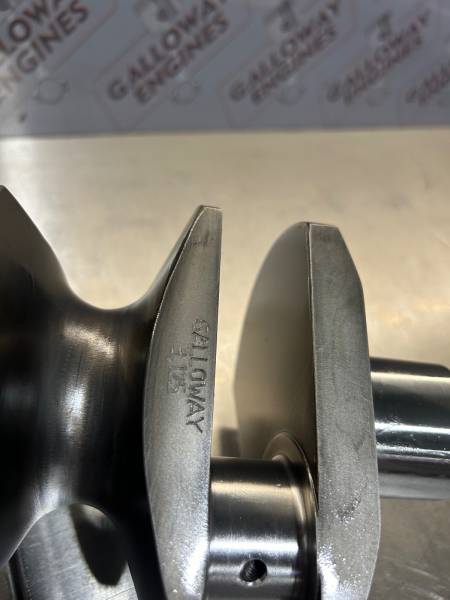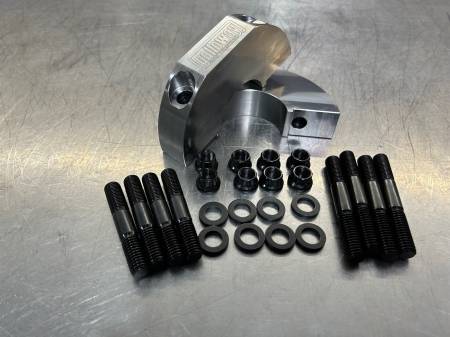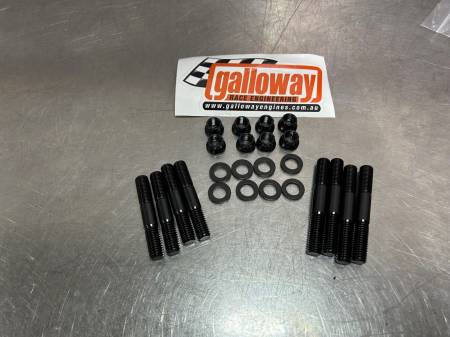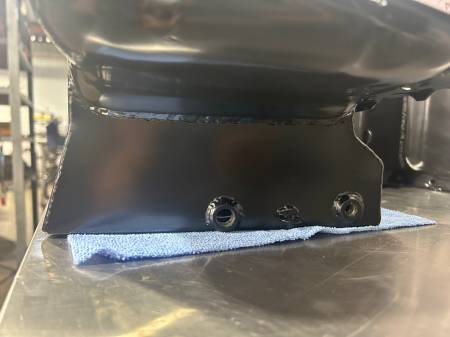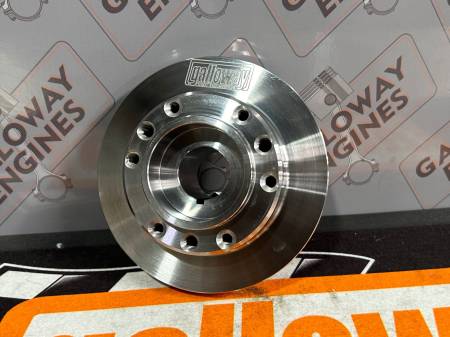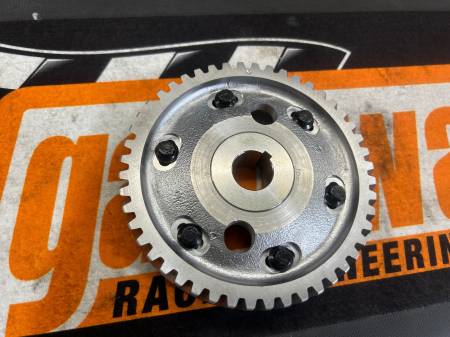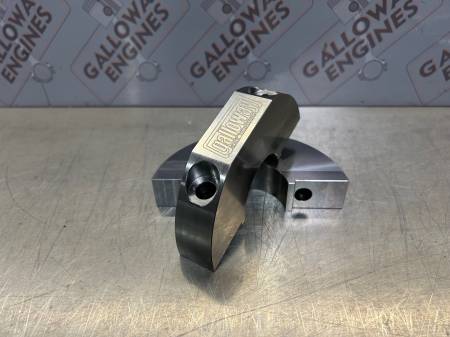Torque-To-Yield Head Bolts
As technology improves, more efficient methods are utilised in the design and construction of modern engines.
As technology improves, more efficient methods are utilized in the design and construction of modern engines. Many vehicle manufacturers now use torque to yield bolts, or commonly known as stretch bolts, in engine assembly. Torque to yield bolts have many advantages over conventional bolts. The specialised method of tightening these bolts allows them to be more efficient at clamping. Engine reliability is achieved because the assembly of the engine is far more accurate. Manufacturers also prefer these types of bolts as fewer head bolts are required to achieve the desired clamping loads. This leads to reductions in component costs and greater flexibility in cylinder head and block design.
Engine manufacturers which currently use torque to yield bolts are:
- Chrysler
- Daewoo
- Ford
- Holden
- Hyundai
- Isuzu
- Lexus
- Mazda
- Mitsubishi
- Nissan
- Rover
- Subaru
- Toyota
The use of torque to yield bolts in engine manufacturing creates quite a disadvantage for engine repairers. Conventional type bolts are tightened using a different procedure and therefore don't generally need replacing when rebuilding an engine unless they are damaged. (eg. stripped thread, bolt head rounded off or severely corroded or pitted). However, due to design of torque to yield bolts, replacement is absolutely necessary when rebuilding the engine as they can never be reused.
When load is applied to any bolt, it undertakes four stages or phases.
 |
|
A Elastic Phase - Under tension, a bolt will stretch. When this tension is removed, the bolt will return to its original length. |
Conventional bolts are tightended in a series of stages, in a certain sequence, to a predetermined torque setting. As each bolt type is unique, a different loading is applied and the torque wrench clicks off when the desired setting is reached. This tension is well within the elastic phase of the bolt. However, the torque setting produced is a combination of the tensioning of the bolt and the friction produced between the bolt and the engine surface. There is no allowance made for friction resistance and therefore the process is inaccurate. Only 10 - 15% of the tightening force produces tension as the remaining 85 - 90% is lost to friction.
Torque to yield bolts are also tightened through a series of stages, but the process is different as it includes a sequence of specified angles. The process starts with a pre-load or snug torque which is a torque figure set to product a baseline from which the true load is applied. The bolt is then tightened in angles to specified degrees. This prevents surface contact which creates friction and therefore the load is applied directly to the tightening of the bolt. Less friction resistance means that a greater load is able to be applied to the bolt and the bolt is tightened past the yield point into the elastic phase of the bolt. The bolt is permanently stretched and should not be reused as retensioning a used bolt will bring it closer to its shear point. Reusing torque to yield bolts is unreliable as they are prone to breaking and can cause improper clamping of the head gasket - both of which cause engine failure.
Galloway's engines are completely reconditioned to comply with original manufacturers specifications and therefore contain new torque to yield bolts where applicable. Galloways also supply an extensive range of head bolt kits to compliment our range of exchange and new heads.


